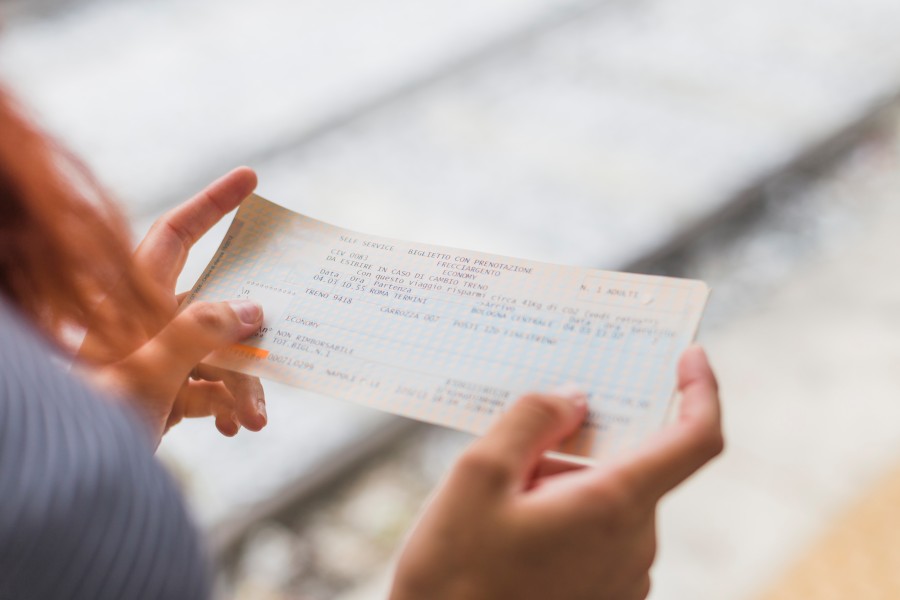In an era dominated by digital banking, traditional tools like passbooks continue to play a significant role in personal finance management. These small booklets offer a straightforward way to track financial transactions, providing a sense of security and accuracy that some users find preferable to digital methods. Passbooks serve as a tangible record of financial activities, ensuring that account holders can monitor their finances with ease. This guide will explain what is bank passbook, the passbook uses, its benefits and limitations, and more.
What Is a Passbook?
A passbook is a physical book that contains the details of all transactions in a bank account. It shows when money is deposited or withdrawn, how much interest has been earned, and any other changes in the account balance.
A passbook usually looks like a small notebook. It has a hard cover to protect it and several pages inside where the transactions are recorded. Each page is divided into sections to clearly show the date, type of transaction, and the amount.
How Is a Passbook Used?
Opening an Account
When you open a bank account, the bank gives you a passbook. This book will record all the transactions you make from that point onwards.
Making Transactions
Every time you deposit or withdraw money, the bank updates your passbook. This can be done at the bank counter or through an ATM that updates passbooks. The transaction details include the date, the amount, and whether it was a deposit or a withdrawal.
Checking Balance
You can always check your account balance by looking at your passbook. This is especially useful if you do not use online banking. The last entry in your passbook shows your current balance.
Also Read: What to Ask Before Taking a Personal Loan?
Benefits of Using a Passbook
Easy Record Keeping
A passbook provides a simple and organised way to keep track of all your transactions. You do not need to remember each transaction or keep separate records.
Accuracy
By regularly updating your passbook, you can ensure that all transactions are correctly recorded. This helps in identifying any errors quickly.
Security
A passbook does not require internet access, making it a secure way to track your account activity. This is particularly beneficial for those who are not comfortable with online banking.
Limitations of a Passbook
Inconvenience
Updating a passbook requires a visit to the bank or an ATM that can update it. This can be inconvenient compared to the ease of checking transactions online.
Limited Information
A passbook might not provide as much detail as online banking, such as descriptions of transactions or immediate updates.
Also Read: Trade Credit: What It Is, How It Works
Conclusion
A passbook is a valuable tool for managing your bank account. It provides an easy way to record and track transactions without relying on the internet. Although it might seem old-fashioned in the era of online banking, it is still useful for those who prefer a physical record of their financial activities. Moreover, products like an Airtel personal loan with its interest rate and other details can be tracked through a passbook, making it a versatile tool for various financial needs.
Frequently Asked Questions (FAQs)
1. What information is recorded in a passbook?
A passbook records deposits, withdrawals, interest earned, and fees, showing the date, type, amount, and updated balance.
2. How often should I update my passbook?
You should update your passbook at least once a month or after significant transactions to ensure accuracy.
3. Can I use my passbook to track my Airtel personal loan?
Yes, it records the instant loan amount credited and details of each repayment, helping manage the loan effectively.
4. What should I do if my passbook is lost or stolen?
Inform your bank immediately; they will issue a new passbook and ensure your account information is secure.
5. Are passbooks still relevant in the digital age?
Yes, they are useful for those who prefer a physical record and for individuals who do not use online banking services.


 Get App
Get App  Airtel Store
Airtel Store  Login
Login 


